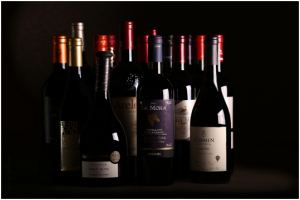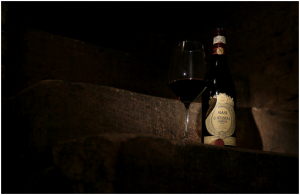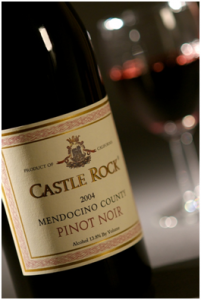Many people who choose to invest in fine do it because they enjoyed the most outstanding bottle while on holiday in France or Italy. When you’re on vacation, it’s natural for a certain type of wine to taste better. However, this doesn’t necessarily mean that the product is a suitable investment. If you want to earn money from fine wine, you have to make several important decisions. Here are some tips to help you out.
Know how the system works
Many states have a three-tier system for trading alcohol – the importer/producer sells the product to distributors, who afterwards sells to retailers. The main point of the system is to facilitate tax collection at a distribution level, thus limiting the numbers of vendors. The three-tier system differs from state to state, and even from country to country. To get your product mass-produced and displayed in stores, it must pass the first checkpoint, namely it has to be carried by a supplier.
Liquor stores will often transport products from various distributors, although restaurants and bars usually work with 1 or 2. Dealing with an important distributor matters a lot because bars want to order liquor from reputable sources.
Have goals
In the fine wine business, it’s always important to have goals. Believe it or not, making money with wine can be just as easy as making money from bonds and stocks. You need one special trait in order to see high returns – you must have patience. Fine wine needs time to mature, so be ready to wait around 5-10 years before selling any bottles. If you’re not interested in making the wine, and you’re simply looking to trade, then your goals are different. You can’t get into this business if you don’t know the product. Wine is an exquisite drink but it’s also highly pretentious. There are official websites and blogs that evaluate the quality of a wine bottle, as well as various statistics that may predict if a certain wine variety increases or decreases in value.
Proper storage conditions
If you want to make money with wine, you must store your bottles in the finest storage conditions. Proper heat is extremely important, and temperatures that are higher than 70 degree Fahrenheit will speed up the aging process of the wine. Rather than risk “cooking” the wine, make sure that the temperature is somewhere between 40 and 65 degrees Fahrenheit. If you don’t have a not-so-damp, cool basement to store your wine bottles, you have two choice – improvise and take a risk, or have your wine stored in an authorized wine cellar. These are usually available through wine merchants.
Selling fine wine through actions
As soon as your wine has matured and is ready to be sold, you can liquidate it at an auction. The product is delivered to an auction warehouse, from where it will be sold to the highest bidder. The industry is also trying to keep up with advanced technology, so they’ve come up with online wine auctions. Some of the most well-known auction houses in the US are:
- Vinofolio.com
- Ackerwines.com
- Klwines.com
- Christies.com
- Winebid.com
- Spectrumwineauctions.com
The moment you entrust your wine bottles to the auction house, you must know that they’re entitled to a commission that can reach up to 20% from the sale. There’s also a minimum shipment amount, often situated between $1,000 and $10,000.
How many wine bottles do you have to sell?
Most auction houses don’t want to buy 2-3 wine bottles. They’re interested in purchasing larger shipments that will eventually compensate for their investment. Also, they prefer bottles from the same wine type, and not bottles of different types. Multiple bottles of the same product permit auction directors to sample your product and thus prove its authenticity.
There’re no exact recipe to wine investments. Even though it is a type of asset that can bring sensible returns, not every investor will succeed and some won’t manage to sell their cases. Just like all investments, nobody can state that your wine will succeed in proportion of 100%. For more information on how to invest in wine, check official blogs and websites. Read as much as you can about fine wine, get to know the market and be aware of the risks.
Tags: Ackerwines.com, alternative asset class, Christies.com, fine wine investing, how the wine business works, how the wine distribution system works, how to invest in fine wine, how to sell wine online, investment, Klwines.com, lessons on wine investing, liquid asset, liquid gold, long term investing, online wine auctions, proper storage for wine, real assets, selling fine wine, Spectrumwineauctions.com, the value of patience in investing, three-tier system for trading alcohol, tips on investing in wine, Vinofolio.com, wine, wine cellar, wine investing lessons, wine investment, Winebid.com
 Oxstones Investment Club™
Oxstones Investment Club™

